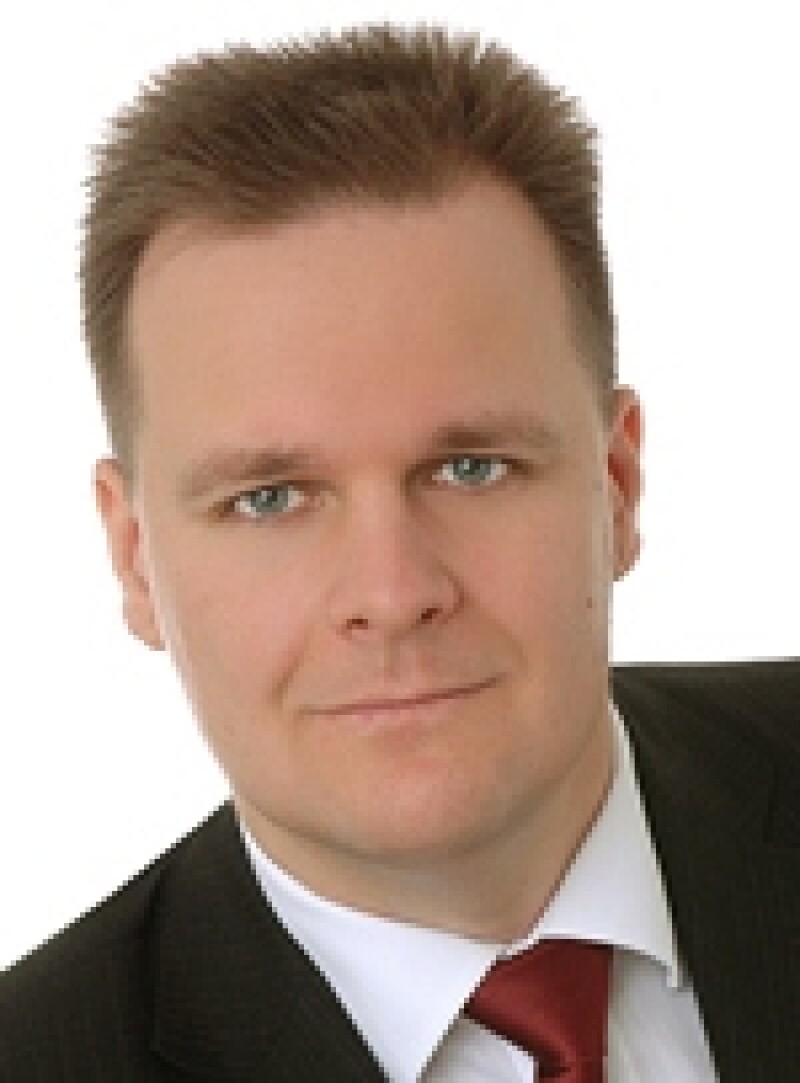
“Samsung and Apple have agreed to drop all litigation between the two companies outside the United States,” said Samsung. “This agreement does not involve any licensing arrangements, and the companies are continuing to pursue the existing cases in US courts.”
The move marks the end of pending litigation in South Korea, Australia, Germany, France, Italy, the UK, the Netherlands, and Japan.
The litigation between the two smartphone makers has proved lucrative for firms of lawyers and patent attorneys around the world. You can read about the firms acting for Apple and Samsung, as well as other players in the smartphone patent battles, in Managing IP.
In May this year a California jury chose to leave the total damages awarded to Apple against Samsung at $119.5 million in a case related to the related to the Korean company’s Galaxy S2 smartphone. The amount was far below the $2 billion Apple was seeking.
The jury also awarded Samsung damages of $158,400 for Apple infringing its '449 patent for recoding and reproducing image and speech. The jury found, however, that Samsung's '239 patent for a remote video transmission system had not been infringed. Samsung had been seeking $6 million in damages.

Analyst Florian Müller (pictured left) wrote on his FOSS Patents blog that Apple may file a third US Apple v Samsung lawsuit. But he added: “that appears less likely to me than another possibility. It may very well be that at this point Apple just hopes for a somewhat face-saving exit by collecting a significant damages award (or, more likely, obtaining a settlement before it gets there) based on, for the most part, design patents.”
While the patent battles between Apple and Samsung have been raging, the South Korean company has been notching up sales of its smartphone products, particularly outside the United States. In the first quarter of this year Samsung shipped twice as many smartphones as its US rival, according to Strategy Analytics.
The same analysts reported last month that the Android operating system used by Samsung now has an 85% share of the global smartphone market.









